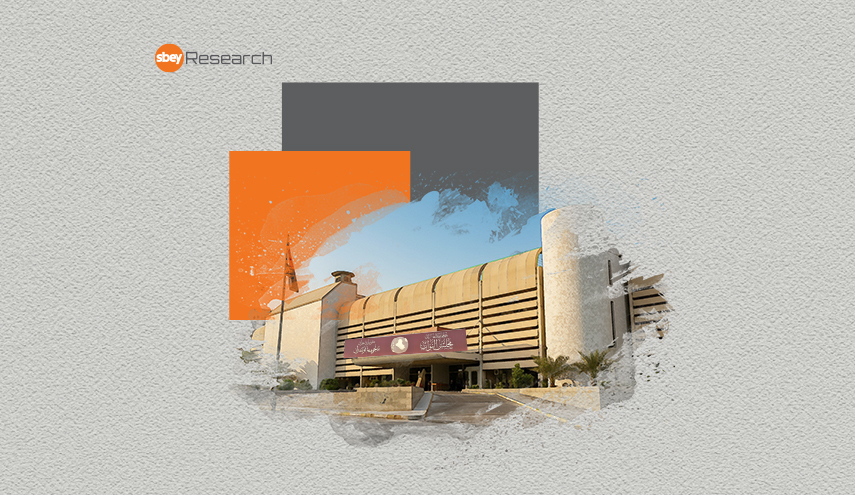
This seemingly financial issue has transcended mere economics, morphing into a multi-headed hydra that has infected every facet of life in the region, poisoning its political discourse, crippling its economy, and eroding its social fabric.
Politically, the issue has become a battleground. Stocked in a tense financial tug-of-war, Erbil and Baghdad have traded accusations and blame, further straining their fragile relationship. The Kurdistan Region's budget, heavily reliant on oil exports and transfers from Baghdad, has become a political football, kicked back and forth between the two capitals. This constant uncertainty has hampered long-term planning and development, fostering an atmosphere of instability that discourages investment and stifles progress.
Economically, the impact has been devastating. With salaries coming in sporadically, if at all, families need help to make ends meet. Necessities become luxuries, education and healthcare suffer, and debt accumulates like a suffocating weight. Businesses dependent on consumer spending falter, unemployment rises, and the entire economic engine sputters and stalls. The dream of a prosperous Kurdistan, built on oil wealth and entrepreneurial spirit, seems to fade with every missed paycheck.
Socially, the ramifications are equally profound. Anxiety and frustration simmer beneath the surface, eroding trust in institutions and fueling public discontent. Families are torn apart by financial strain, with dreams deferred and futures uncertain. The social safety net, once a source of pride, now lies threadbare, offering little solace to those struggling to survive. The fabric of Kurdish society, woven from resilience and community spirit, shows signs of fraying under the relentless pressure of delayed salaries.
It is against this backdrop that our research takes on vital importance. Our study aims to go beyond the numbers to delve into the lived experiences of those most affected by this crisis. We seek to understand the human cost of delayed salaries, the stories of hardship and resilience, and how this issue shapes the daily lives of ordinary Kurds.
Key Insights:
To access the complete research analysis, please download the PDF file



